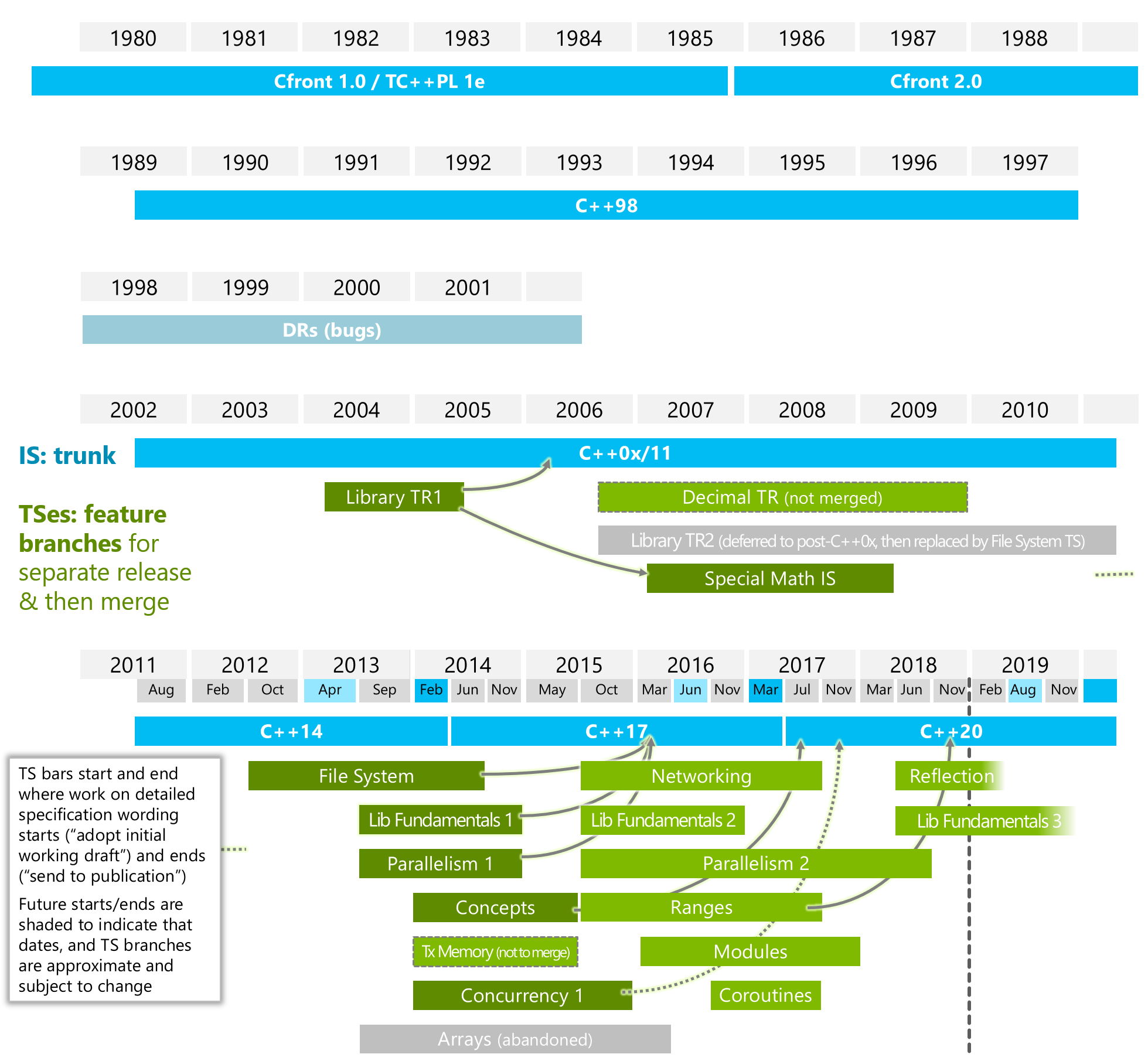Bjarne Stroustrup speaking at UNT near Dallas: October 11
 Bjarne Stroustrup will be giving his "The Essence of C++" talk live in person next week at the UNT College of Engineering near Dallas, TX, USA.
Bjarne Stroustrup will be giving his "The Essence of C++" talk live in person next week at the UNT College of Engineering near Dallas, TX, USA.
The Essence of C++
by Bjarne Stroustrup
Location: UNC College of Engineering (map)
Friday, October 11, 2013
Talk: 2:00 p.m. –- 3:30 p.m.
Reception: 3:30 -- 4:00 p.m.
Abstract
C++11 is being deployed and the shape of C++14 is becoming clear. This talk examines the foundations of C++. What is essential? What sets C++ apart from other languages? How does new and old features support (or distract from) design and programming relying on this essence.
I focus on the abstraction mechanisms (as opposed to the mapping to the machine): Classes and templates. Fundamentally, if you understand
vector, you understand C++.Type safety and resource safety are key design aims for a program. These aims must be met without limiting the range of applications and without imposing significant run-time or space overheads. I address issues of resource management (garbage collection is not an ideal answer and pointers should not be used as resource handles), generic programming (we must make it simpler and safer), compile-time computation (how and when?), and type safety (casts belongs in the lowest-level hardware interface). I will touch upon move semantics, exceptions, concepts, type aliases, and more. My aim is not so much to present novel features and technique, but to explore how C++’s feature set supports a new and more effective design and programming style.

